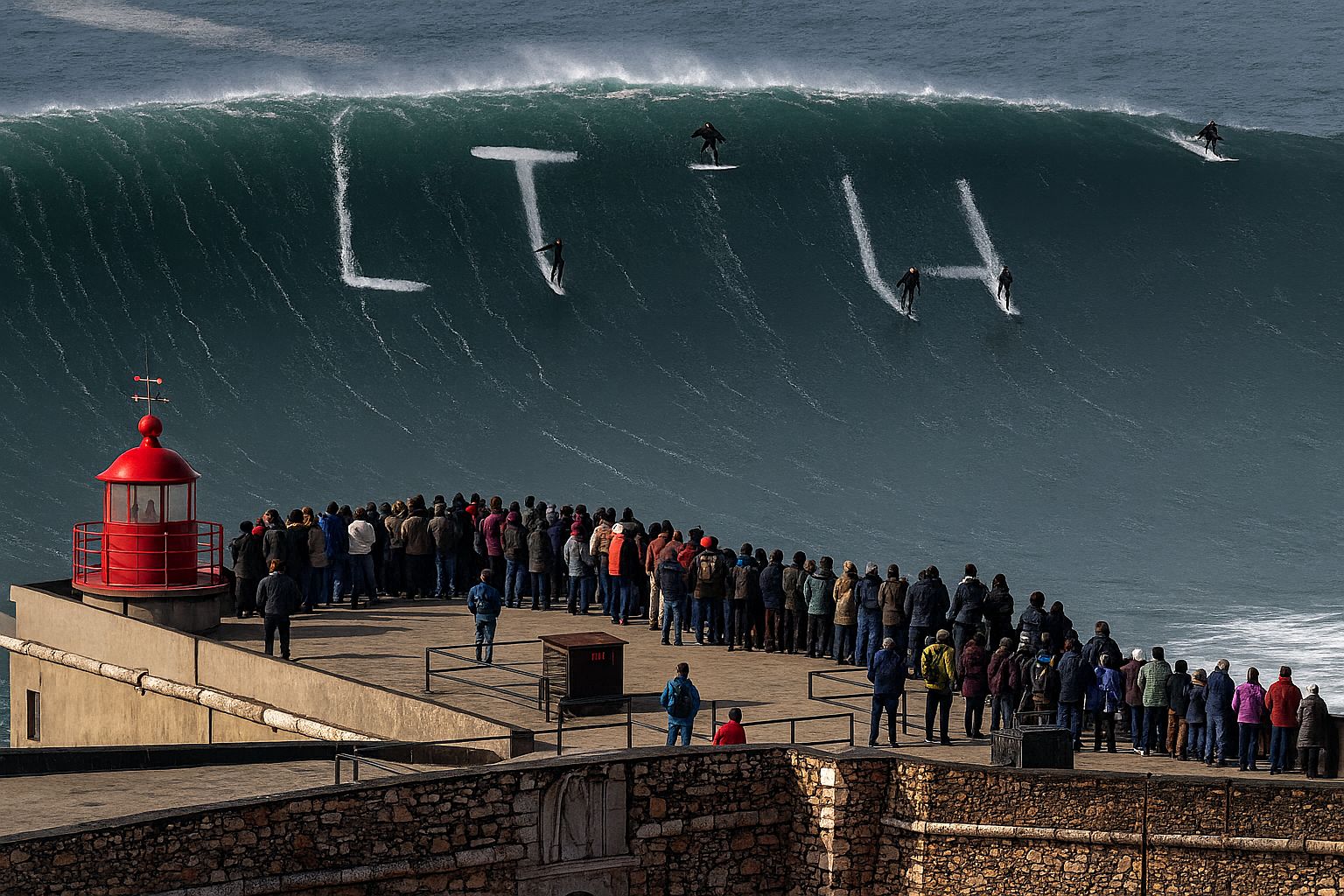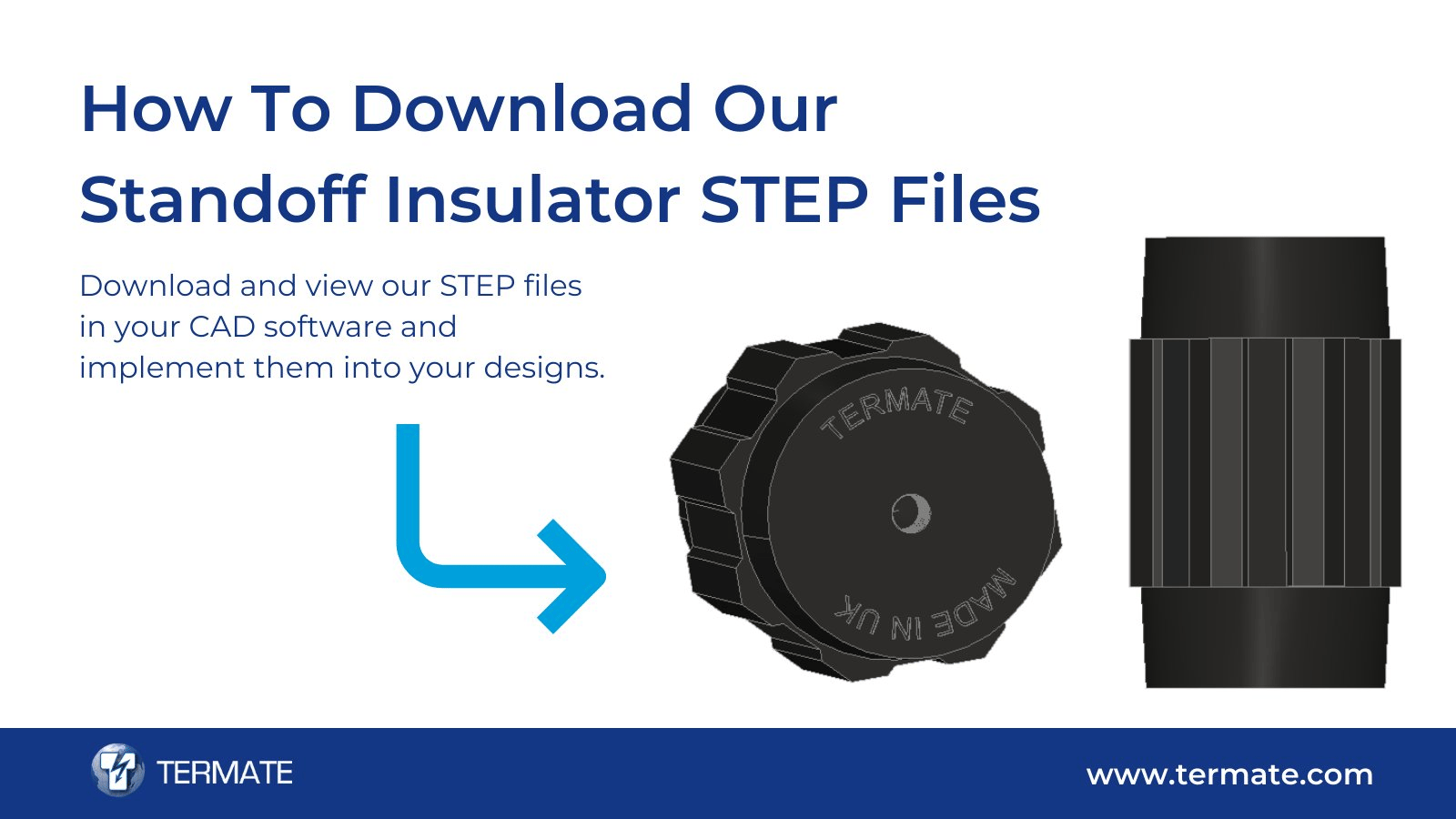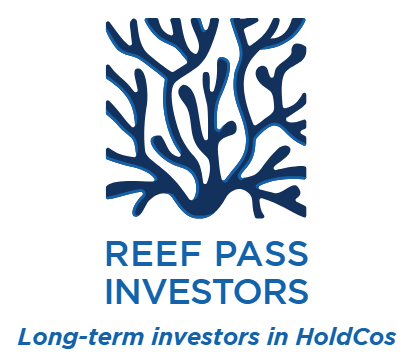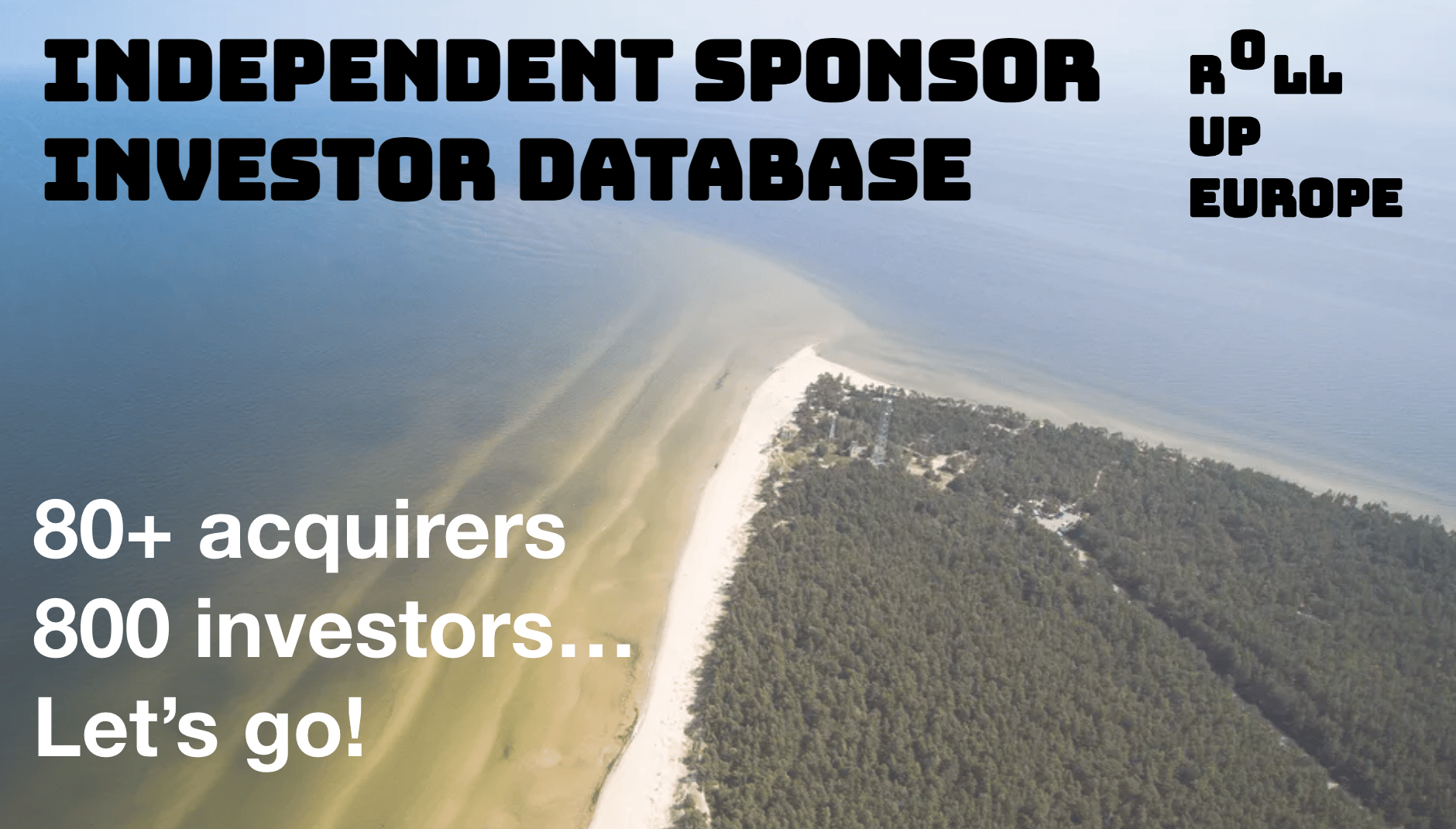- RollUpEurope
- Posts
- Hold It - Don't Drop It - Don't Stop It! Why Long Term Hold is this decade’s hottest investment trend
Hold It - Don't Drop It - Don't Stop It! Why Long Term Hold is this decade’s hottest investment trend
Inside: the most elaborate carried interest formula you’ll find on the internet

Disclaimer: Unless noted otherwise, views and analysis expressed here are the author's own and based on public sources. The article is intended for informational and entertainment purposes only. This is not financial advice. Please consult a professional for investment decisions.
*********************
The IRR is out. The MOIC is in. This must be the biggest trend in the Independent Sponsor space right now. As the number of platforms continues to proliferate, there is a gradual but noticeable shift away from mainstream structures like fixed carried interest percentages and IRR based frameworks - to structures that reward long-term compounding.
To be clear: there’s nothing wrong with aiming for a Private Equity exit after 3-4 years…but nowadays if you want to keep going, you can.
Cue the proliferation of Long Term Hold (LTH) aligned investment vehicles.
US based LTH investors like Reef Pass Investors, Sator Grove, Westerly Group, Pacific Lake, Hampton River and Compounding Labs represent a niche but growing source of capital that ties founder outcomes to investor Multiple of Invested Capital, or MOIC.
To quote Robert Brown, a co-founder of Reef Pass Investors: “We believe the most durable partnerships are built on a foundation of aligned incentives. It’s a lesson in business history best penned by Charlie Munger: ‘Show me the incentive and I’ll show you the outcome.’ Given partnerships are a two-way street, we strive to be the best partners a management team can have on this journey. We continually reinvest in our support functions to drive sustained excellence and deliver the best possible outcomes over the long term.”
Note: If you are seeking HoldCo or rollup funding in North America or Europe, you should talk to Reef Pass Investors. Reef Pass Investors is a partner of RollUpEurope. If you are interested, reply to this email with a description of your idea + pitch deck.
You asked us: What terms are other serial acquirers getting? Am I being offered a fair deal?
We responded by poring over corporate filings of 3 UK serial acquirers that have raised capital in the last 2 years. One of these is Rose Street Partners (RSP), which we covered in detail last year: 64x MOIC target & American search fund royalty: what “permanent equity” REALLY looks like
The names of the two platforms shall remain confidential as per the request of their founders. What we can disclose is that one is Vertical Market Software focused and the other is Industrials focused.
In a few weeks’ time, come back to learn about SATEP and Bloom - a French HVAC rollup and a Belgian radiology rollup, respectively - who have adopted unorthodox structures.
Today’s article has 5 chapters:
What’s up with Long Term Hold (LTH)?
Who actually got funded by LTH investors?
What to expect in an “MOIC ladder” structure - evidence from the field
The most elaborate carried interest formula you’ll find on the internet
Conclusion: what does good look like in the LTH world?
Ready? Let’s go!
1. Warm-up: what’s up with Long Term Hold?
The concept of Long Term Hold comes partly from the Search Fund industry and partly from the value strand of public market investing. Given the high failure rate of search fund investments (and the hassle joy of reviewing new applications), it is understandable that investors want to hang onto the winners. Ditto for picking stocks.
To quote Pacific Lake, a prominent search fund investor, “LTH provides CEOs with an alternate path to liquidity that resonates with their aspirations, ensuring that they can continue building their companies alongside a team of trusted and valued partners” (source).
An article on Search Fund News explains how LTH differs from traditional search funds:
A larger pool of committed capital ($15-30M) compared both to deal-by-deal and search fund investments
The capital is secured at inception and deployed over 4-6 years
LTHs often do focus on specific industries, but these can be broad (e.g. “software” or “industrials”) and the acquisitions don’t need to be synergistic
Holding period is 10-20 years, sometimes indefinite (“permanent equity”), with emphasis on maximising MOIC as opposed to IRR
Of course, neither LTH nor “permanent equity” are novel concepts. In fact, most family businesses courted by search funds are permanent equity.
What’s different today is the sheer availability of data that underpins the investment case for LTH.
Exhibit A: Asurion. A roadside assistance provider-turned-smartphone insurer, Asurion is considered to be the most lucrative search fund deal ever. According to the 50X podcast, “$1 invested in the original purchase of Road Rescue in 1995 has grown at a CAGR of over 61% through the most recent transaction in 2021, translating into an MOIC north of 5,275x”.

Source: Asurion website
Exhibit B: Swedish serial acquirers:

Source: Roko presentation at the Redeye 2025 Serial Acquirer Conference
2. So who actually got funded by LTH investors?
Our analysis of the US LTH investors’ portfolios revealed two key insights:
The vast majority of the investee companies are based in the US. The UK comes a distant second.
The top industries are software, industrials, and - no surprise here - business services.
Let’s take a closer look.
The investment syndicate Compounding Labs (CL) was co-founded by William Thorndike aka the High Priest of Entrepreneurship Through Acquisition. To date, CL has backed a handful of platforms including Rose Street Partners and European Technology Group in the UK; Timah Partners in Singapore; and Mosaic Software Group in the US. We have covered Rose Street Partners in detail, but to recap, it is a Swedish style HoldCo of UK businesses as diverse as fuel distribution VMS; portal appliance testing; and damp proofing. Whereas Mosaic Software Group and European Technology Group are software focused.
Hampton River Partners, which was founded by Matt Morris in 2024, has so far backed 4 platforms, including two in Europe: Marathon, a Swedish VMS acquirer, and Thundercat - which “operates and scales UK-based manufacturing businesses”. Thundercat’s CEO, Anthony Cooper, previously worked at Judges Scientific, another British industrial compounder.
While Mr. Cooper has serious pedigree… Thundercat is far from alone in coveting niche British manufacturers!
n industries was founded by the former fund manager Jonathan Bates-Kawachi and veteran compounder COEs Paul Simmons and Duncan Penny, and is backed by Antheia and Sun Mountain Partners (yet another vehicle where Mr. Thorndike is a partner). To date, n industries has made 3 acquisitions, including Termate, a “renowned leader in the design and manufacture of electrical insulation components”:

Source: Termate’s X account
Trusta Industries is the brainchild of Russell Stuart, the former UK Country Head for Lagercrantz, a storied Swedish HoldCo. Trusta’s debut acquisition was BSL Gas Technologies, a firm specialising in “high-quality gas mixing valves, panels and accessories”
It’s not just private capital that’s hungry for niche British manufacturers though!
Amcomri Group listed in late 2024, raising $15M. The share price has more than doubled since then. According to the website, currently Amcomri houses a dozen operating businesses split into two divisions: Embedded Engineering Services and Specialist B2B Manufacturing.

Source: Amcomri
If you are curious who else funded these serial acquirers, check out our Independent Sponsor Investor Database. Included with our annual plan (only $199 - and the greenback is cheap!), the database lists 800 investors in over 80 serial acquirers.
Now, let’s go over the terms.
3. What to expect in a “MOIC ladder” structure - evidence from the field
Before we tuck in, two important disclaimers.
Firstly, all of the insights below are based solely on publicly available information.
Secondly, after some deliberation we decided against a side-by-side comparison. We felt that such a comparison did not meaningfully add value to the analysis. To borrow a derivative market analogy, search funds are to LTH what exchange-traded markets are to over-the-counter markets. There is no “market standard” - but there are similarities.
So instead, we created a blend from the Articles of Association of 3 British LTH aligned acquirers.
Let’s go!
Let’s start with the share classes. The firms we analysed have 3: A Preferreds for the investors. B Ordinaries for the founder(s). C Ordinaries for the employees. There is no dividend on the preferred. For LTH acquirers without the “MOIC ladder”, the interest is set around 12%.
Next, let’s talk about the MOIC ladder itself.


